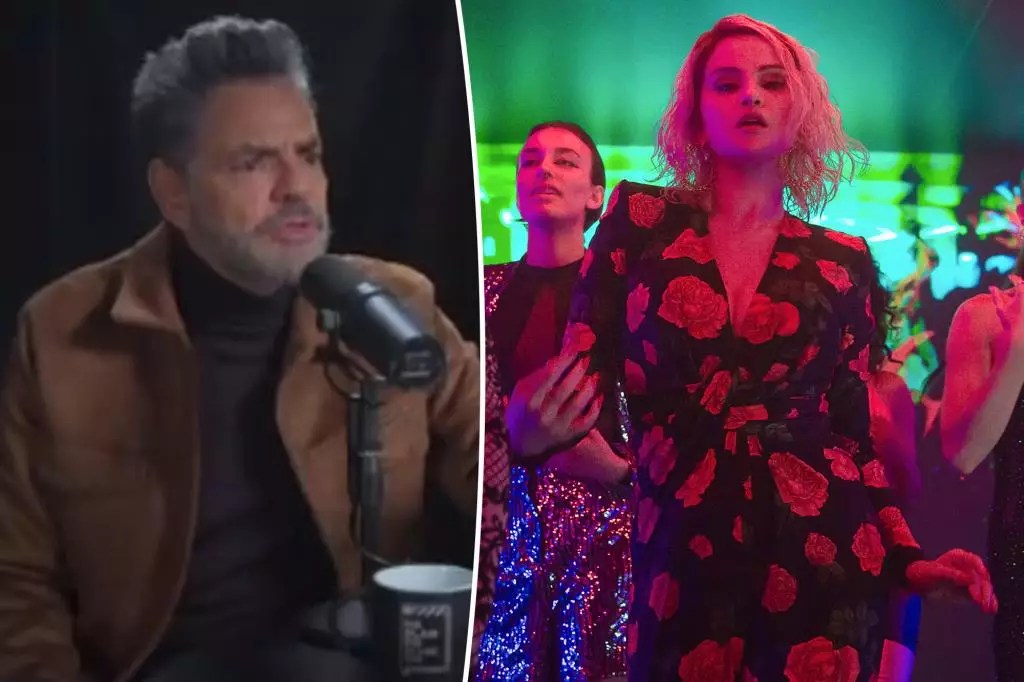In a world where public figures are constantly scrutinized, Selena Gomez recently found herself at the center of a controversy concerning her Spanish language skills in the film “Emilia Pérez.” The critique originated from Eugenio Derbez, a prominent Mexican actor, who labeled Gomez’s Spanish as “indefensible” during a segment on the podcast “Hablando de Cine.” This prompted an immediate response from Gomez, who demonstrated maturity and resilience in the face of public judgment.
Gomez’s reply to Derbez’s comments was filled with respect and understanding. She acknowledged his perspective while standing firm in her efforts, stating, “I did the best I could with the time I was given.” This reflects not just her dedication to the project, but also an innate ability to react to criticism in a constructive manner. Rather than retaliate with anger, she highlighted the passion and hard work she poured into her role.
Language is a complex aspect of identity, particularly in culturally rich environments such as Latin America, where Gomez is working to connect her heritage with her artistic endeavors. Derbez’s observations about Gomez’s language proficiency go far beyond a simple critique; they touch on the deeper issue of authenticity in portrayals of culture in cinema. He raised valid points about the challenges faced when someone attempts to navigate a language and culture that aren’t inherently theirs.
His concerns were echoed by the podcast host, Gaby Meza, who suggested that Gomez’s lack of fluency limited her ability to infuse depth into her character. This sentiment prompts an important discussion about the expectations placed on artists, particularly those from mixed cultural backgrounds, and whether proficiency in a language is a prerequisite for telling authentic stories.
Following the backlash from his comments, Derbez took to TikTok to apologize, admitting that his statements were “indefensible” and contrary to his values. This demonstrates a commendable willingness to reflect and evolve in the face of public discourse. His acknowledgment of the need for solidarity among Latinos resonates deeply, especially in an industry where representation and mutual support can pave paths to success.
Furthermore, Derbez’s evolution from critique to appreciation showcases the potential for growth through dialogue. He recognized that instead of diminishing one another, artists should uplift and celebrate their shared heritage and contributions to cinema.
Celebrating Diversity in Film
Gomez’s performance in “Emilia Pérez” has been met with significant acclaim, even receiving a standing ovation at the Cannes Film Festival. This is a testament to her talent and the hard work of the entire cast and crew, which includes Zoe Saldana. The film itself serves as an experiment in linguistic and cultural crossover, and rather than focusing solely on language proficiency, it is vital to appreciate the artistic experimentations.
In the end, Gomez’s handling of criticism, Derbez’s humility in apologizing, and the broader conversation surrounding cultural representation and language highlight the complexities of storytelling in contemporary cinema. As audiences, we should encourage a culture of understanding and support, embracing the distinct backgrounds and abilities that each artist brings to the table. It is this diversity that ultimately enriches the fabric of the cinematic experience.


Leave a Reply